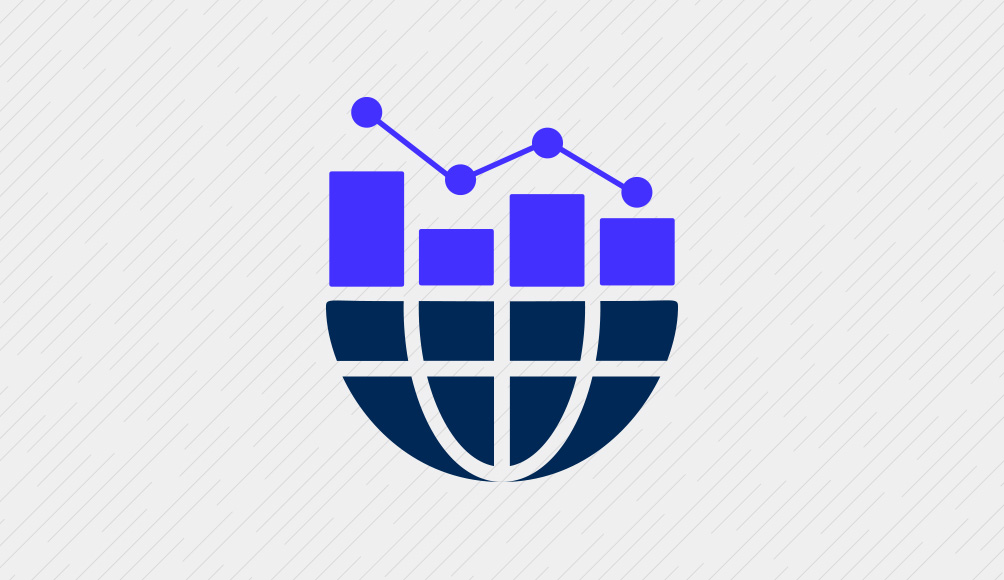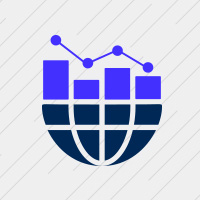
Krish Das
Head of Enterprise Data
Inspire Brands
MODERATOR


Dr. Vijay Gandapodi
Global Head of Data, Reporting & Analytics
Reynolds American
PANELIST


Diwakar Goel
Global Chief Data Officer
GE
PANELIST

June 2020
In this virtual gathering, the Atlanta Chief Data Officer community exchanged ideas and shared challenges on how many businesses are reducing workforces and budgets and pivoting strategies to survive the global crisis — and for long-term sustainability.
The panel was moderated by Krish Das, Head of Enterprise Data for Inspire Brands, with Dr. Vijay Gandapodi, Global Head of Data, Reporting and Analytics for Reynolds American, Professor at Robinson College GSU and Board Advisor of the Technology Association of Georgia, and Diwakar Goel, Global Chief Data Officer for GE, providing perspective on the impact of COVID-19 on advanced analytics in their industries.
The New Economy of Data
The new economy of data will come in the form of understanding the customer’s changing expectations and needs and by listening to the voice of the consumer. But with this approach, there is the risk of data misuse. If there is a strong foundation in the organization built around personal information, there will be more willingness to look at and share the data. The COVID-19 pandemic was a catalyst that accelerated the inevitable in a massive way, which left internal data processes in flux.
Leveraging Data to Support Communities
No one anticipated this sort of change, and the impact on industry has varied, but there are some high points identified in the outpouring of new data. Aviation is hurting the most with a reduced capacity and need to optimize fleets, but the reduction has resulted in a lower carbon footprint. Healthcare and biopharmaceutical companies are inundated with new data and are actively collaborating via diagnostic platforms to identify a cure or treatment for the pandemic.
Teaching has moved offline and, though there were initial concerns whether online traffic could be handled with the resources currently in place (identified with bandwidth data), there has been an increase in student engagement. And in retail, e-commerce has adapted with companies using data to identify patterns in traffic, quality, supply chain and content, with the resulting shift from physical to digital tying back to social media for targeted advertisements and marketing.
This is a psychological change, and data plays a pivotal role.
Adapting Models for the New Environment
Data and reporting need to be tactically used to drive data science into operational usage with a focus on internal optimization. Historically, Chief Data Officers played a reduced role in business strategy, but the pandemic has accelerated a transition to becoming more fully engaged at a senior level. The rate of change in business is rapidly increasing, and decisions must be made quickly — whether for supply chain, manufacturing, or internal optimization — and data leaders are finding themselves involved more frequently than normal.
CDAOs must use this opportunity to mobilize, change models to their advantage and maintain momentum. Businesses are more cautious in planning these days, but are using data to drive productivity and innovation.
Operationally, things are smoother than two months ago, but innovation has taken a back seat. The new concern is: how do you keep up momentum in future strategies while balancing immediate needs? While the pandemic may be slowing down core functions, it is simultaneously helping business partners recognize the value of data and analytics.
70-80% of data leaders are more engaged in driving analytics than insights. Only 10-20% focus in the true operational space. If we can increase that second number, data will be the oil and not just the enabler.
Community Insight
When attendees were asked to describe their involvement in overall enterprise strategy, 50% said they were fully involved or in an active advisory position, while 14% said they had little involvement or were informed after the fact. Attendees were also asked to describe how their organizations planned on generating economic benefits from data, with internal data sharing and process development taking the bulk of respondents’ time, with 55% and 82%, respectively.
by CDAOs, for CDAOs
Join the conversation with peers in your local CDAO community.





